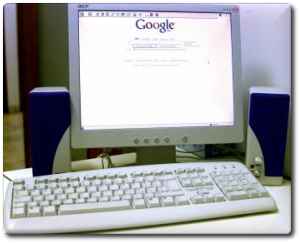
 HERE is a certain rumour, according to which Google are eyeing the acquisition of Opera. Opera is a powerful Web browser that has never attained its much-deserved popularity.
HERE is a certain rumour, according to which Google are eyeing the acquisition of Opera. Opera is a powerful Web browser that has never attained its much-deserved popularity.
Google already financially support Mozilla Firefox and are sometimes even biased towards it. Evidently, Google cannot buy Mozilla or get directly involved in this splendid project. One wonders what powers Google would have gained if it adopted Mozilla Firefox more religiously. With the buzz about on-line operating systems and speculations over a so-called “Google O/S“ , one can speak of embracing the network boot, then using the browser for Web applications.
Opera was made free (yet it remains a commerical project) some months ago, shortly after its 10th birthday. It was only then that I decided to install it. I must admit that it looks very slick in this latest version, which is great improvement when compared against my memories of it. I first used Opera around 2002 under Red Hat Linux.
Opera is rich in terms of its features, but lacks that freelance developer involvement as it is not Open Source. Therefore, Opera does not have many plug-ins and is about as extensible as Internet Explorer, if not less. The base package, however, is featured and incorporates mouse gestures support and plenty of other goodies. If Google ever decided to gain ownership over this inter-operable browser, they would have a wonderful starting point and be able to use their reputation to spread it among the international community.
Addendum: Google are developing even more plug-ins for Mozilla Firefox.
Update (17/12/2005): Opera Dismisses Google Takeover Talk







 Filed under:
Filed under: 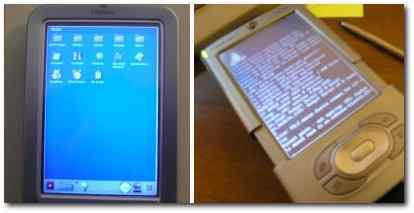
 ALM have intended, for quite some time in fact, to
ALM have intended, for quite some time in fact, to 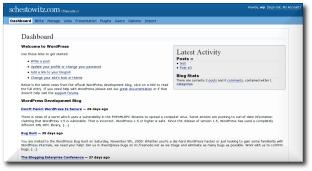
 OR the past few weeks I have been working with the existing revision of WordPress 2.0 (RC2, soon Beta). It is currently on ‘feature freeze’, so it’s primarily a matter of cleaning up all imperfections and minor bugs. The nightly build of WordPress appears to be in a solid state and can definitely be described as “impressive”. My intention is to move this modified WordPress 1.2 blog (as well as another) into a newer and more robust section. There are various limitations to WordPress 1.2, the main one being its adaptability to scale and accommodation for functionality.
OR the past few weeks I have been working with the existing revision of WordPress 2.0 (RC2, soon Beta). It is currently on ‘feature freeze’, so it’s primarily a matter of cleaning up all imperfections and minor bugs. The nightly build of WordPress appears to be in a solid state and can definitely be described as “impressive”. My intention is to move this modified WordPress 1.2 blog (as well as another) into a newer and more robust section. There are various limitations to WordPress 1.2, the main one being its adaptability to scale and accommodation for functionality.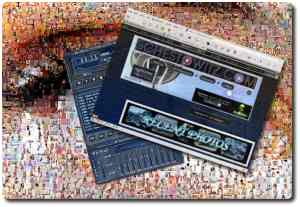
 Time and time again, Bill Gates is
Time and time again, Bill Gates is  F I ever undertake a repetltive task that pertains to research, I wish to either automate it using existing (preferably free) tools, script it (e.g. bash, Perl or MATLAB which is by all means expenesive), or costomise the desktop environment to minimize the number of moves, clicks, etc. Productivity through convenience can be achieved using clipboard stacks, mouse focus policies and so forth.
F I ever undertake a repetltive task that pertains to research, I wish to either automate it using existing (preferably free) tools, script it (e.g. bash, Perl or MATLAB which is by all means expenesive), or costomise the desktop environment to minimize the number of moves, clicks, etc. Productivity through convenience can be achieved using clipboard stacks, mouse focus policies and so forth.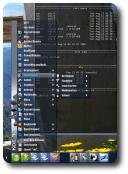

 HERE is a certain rumour, according to which
HERE is a certain rumour, according to which